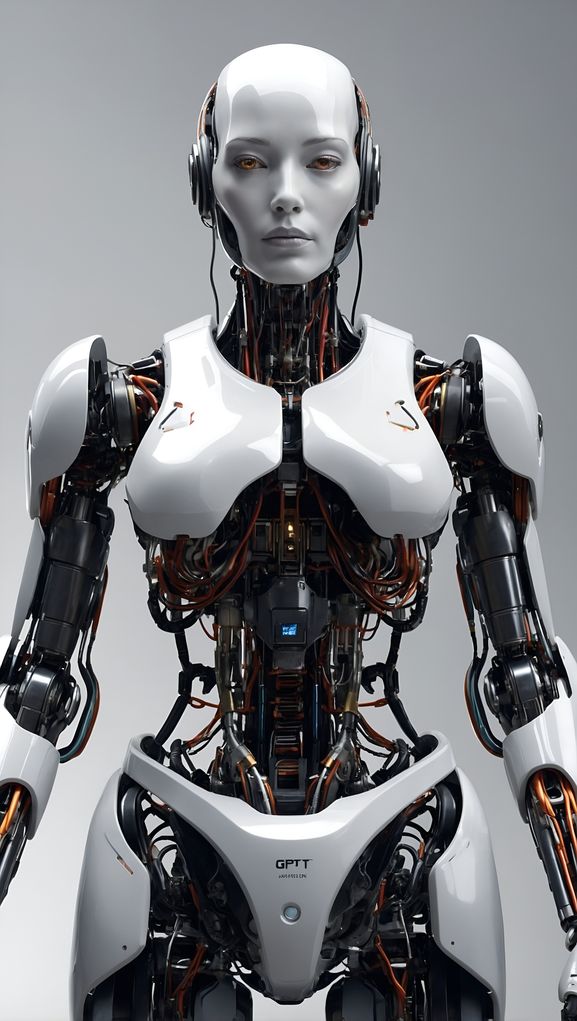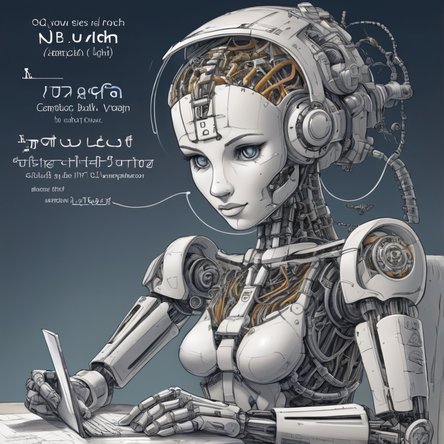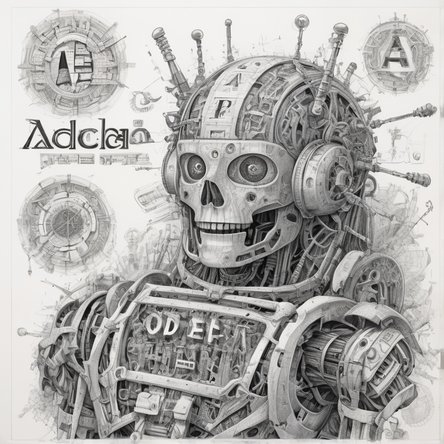CAPTCHA Meaning in English
Introduction to CAPTCHA
CAPTCHA stands for "Completely Automated Public Turing test to tell Computers and Humans Apart." It is a type of challenge-response test used in computing to determine whether the user is human or not. The main goal of CAPTCHA is to prevent automated bots from accessing or interacting with websites and services, ensuring that the interaction is conducted by a human being.
Origin and Development
The concept of CAPTCHA was first introduced in the early 2000s by researchers at Carnegie Mellon University. The need for such a system arose due to the increasing prevalence of automated programs, or bots, that were being used to perform repetitive tasks on the internet. These bots were capable of filling out forms, creating fake accounts, and spamming, which led to a need for a reliable method to distinguish between human users and automated systems.
The initial versions of CAPTCHA involved distorted text images that users had to decipher and enter into a form. The distortion of the text made it difficult for bots to recognize and interpret, while humans could still read and input the correct characters. This method proved to be effective and quickly became a standard security measure across various online platforms.
Types of CAPTCHA
Over the years, CAPTCHA has evolved into several different forms, each designed to address the growing sophistication of bots and the varying needs of websites.
Text-based CAPTCHA: This is the most common form of CAPTCHA, where users are required to identify and input distorted text from an image. Despite its effectiveness, this method has faced criticism for being difficult for some users to decipher, leading to frustration and accessibility issues.
Image-based CAPTCHA: In response to the limitations of text-based CAPTCHA, image-based systems were developed. These require users to select specific images that match a given description, such as selecting all images containing traffic lights or crosswalks. This method leverages the human ability to recognize patterns and objects, which is still a challenge for bots.
Audio CAPTCHA: To address accessibility concerns, audio CAPTCHA was introduced. This involves listening to a sequence of spoken characters or words and then entering them into a form. This method ensures that visually impaired users can still interact with websites that employ CAPTCHA.
ReCAPTCHA: Developed by Google, ReCAPTCHA is a more advanced version that often requires users to simply click a checkbox stating, "I am not a robot." ReCAPTCHA analyzes the user's behavior, such as mouse movements and click patterns, to determine if the interaction is likely to be human. In some cases, it may also present image or text-based challenges if the initial analysis is inconclusive.
Importance of CAPTCHA
CAPTCHA plays a crucial role in maintaining the security and integrity of online systems. By preventing automated bots from interacting with websites, CAPTCHA helps to protect against various types of cyber attacks, including:
Spam: Automated bots are often used to flood websites with spam comments, form submissions, and emails. CAPTCHA ensures that only human users can submit information, reducing the risk of spam.
Brute-force attacks: Bots can be programmed to repeatedly attempt to log in to user accounts using different password combinations. CAPTCHA limits these attempts by requiring human verification, thereby protecting user accounts from unauthorized access.
Data scraping: Some bots are designed to scrape large amounts of data from websites, which can be used for malicious purposes or to gain an unfair competitive advantage. CAPTCHA helps to prevent automated scraping, ensuring that data is accessed only by legitimate users.
Challenges and Criticisms
While CAPTCHA is an effective tool for distinguishing between humans and bots, it is not without its challenges and criticisms.
User experience: Some users find CAPTCHA to be frustrating and time-consuming, especially when the challenges are difficult to solve. This can lead to a negative user experience and may deter people from using a website or service.
Accessibility: Traditional CAPTCHA methods, particularly text-based and image-based challenges, can be difficult for individuals with visual impairments or cognitive disabilities. Although audio CAPTCHA and other accessibility features have been introduced, there is still room for improvement in making these systems universally accessible.
Evolving bots: As technology advances, so do the capabilities of bots. Some sophisticated bots are now able to solve basic CAPTCHA challenges, which necessitates the development of more advanced and secure methods.
Privacy concerns: Certain CAPTCHA systems, such as ReCAPTCHA, involve tracking and analyzing user behavior. This has raised concerns about privacy and data security, as users may not be fully aware of the extent to which their interactions are being monitored.
Future of CAPTCHA
The future of CAPTCHA lies in balancing security, usability, and accessibility. Researchers and developers are continuously working on improving CAPTCHA systems to address the evolving threats posed by automated bots while ensuring a seamless user experience.
Behavioral analysis: Future CAPTCHA systems may rely more heavily on behavioral analysis, using machine learning algorithms to detect and analyze subtle patterns in user interactions. This approach can provide a more seamless experience for users while maintaining security against bots.
Biometrics: Integrating biometric verification, such as fingerprint or facial recognition, into CAPTCHA systems could offer a highly secure and user-friendly solution. However, this approach would require careful consideration of privacy and data security implications.
Contextual challenges: Developing CAPTCHA challenges that are more contextually relevant to the user's activity could improve both security and usability. For example, a user posting a comment on a blog might be asked to identify related keywords or topics, leveraging their understanding of the content to verify their humanity.
Multifactor CAPTCHA: Combining multiple types of CAPTCHA challenges, such as text, image, and behavioral analysis, could provide a more robust defense against bots. This approach would require bots to solve multiple layers of challenges, making it significantly more difficult for them to bypass security measures.
Conclusion
CAPTCHA remains a vital tool in the ongoing battle against automated bots and cyber threats. Its ability to distinguish between human users and bots helps to protect the security and integrity of online systems. Despite its challenges and criticisms, CAPTCHA continues to evolve, with researchers and developers striving to create more effective, user-friendly, and accessible solutions. The future of CAPTCHA will likely see advancements in behavioral analysis, biometrics, and contextual challenges, ensuring that it remains a cornerstone of online security for years to come.




